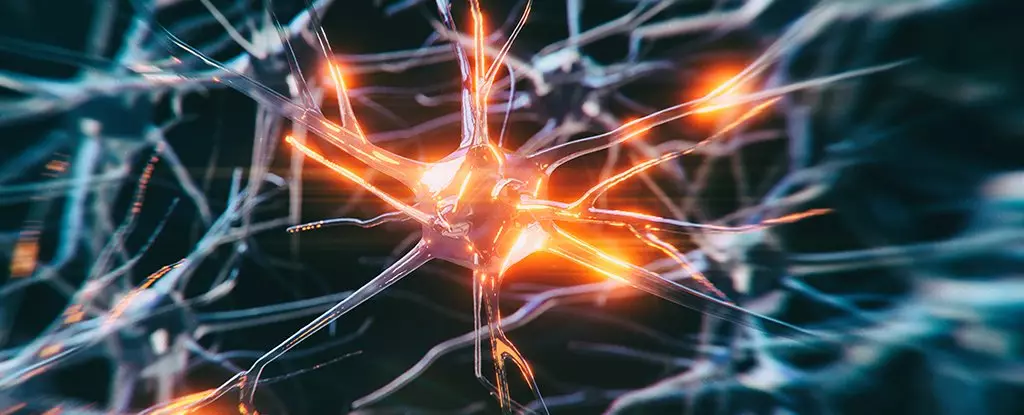In a groundbreaking revelation in 2023, neurologists from a memory clinic in China diagnosed a 19-year-old male with Alzheimer’s disease, marking him as the youngest person ever to receive such a diagnosis globally. This unprecedented case challenges the prevailing stereotype that Alzheimer’s disease predominantly affects the elderly population, shining a light on the complexities and mysteries surrounding early-onset dementia. While it is widely accepted that this condition typically manifests in individuals aged 65 and older, early-onset cases, particularly those diagnosed before the age of 30, raise urgent questions regarding genetic factors and pathogenesis.
Symptoms and Diagnosis Process
The alarming cognitive decline in this teenager began around the age of 17, as he struggled with everyday tasks that most teenagers take for granted. He experienced difficulties in focusing during classes, fought against reading challenges, and found himself frequently misplacing items. Over time, these cognitive impairments worsened—culminating in an inability to complete high school, significantly deviating from the cognitive trajectory of his peers.
Diagnostic imaging revealed atrophy of the hippocampus, a brain region critical for memory function. Additionally, cerebrospinal fluid tests presented markers typical of Alzheimer’s disease. However, what makes this case truly distinctive is the absence of known genetic mutations typically linked to early-onset Alzheimer’s. In familial Alzheimer’s disease (FAD), which affects individuals under 30, genetic mutations, particularly in the PSEN1 gene, are often implicated. Yet, in this teenager’s case, conventional genetic screenings yielded no trace of these known anomalies.
Typically, when diagnosing patients with early-onset Alzheimer’s, particularly those under the age of 30, healthcare professionals look for specific gene mutations associated with familial Alzheimer’s disease. For instance, the previously youngest known Alzheimer’s patient, diagnosed at age 21, carried a mutation that led to the formation of toxic protein plaques in the brain. However, in this recent case, the lack of any familial history of Alzheimer’s coupled with negative genetic testing presents an enigma. Without the identifiable markers that usually categorize cases under the familial umbrella, the teenager’s condition remains an outlier, indicative of an uncertain pathogenesis.
This is a clear signal that our understanding of Alzheimer’s disease must expand. It is crucial to recognize that Alzheimer’s does not solely arise from an inherited pathway or a single genetic defect. Instead, the condition may emerge through previously unexamined biological processes or even environmental influences.
Given the remarkable aspects of this case, experts are urging the scientific community to delve deeper into early-onset Alzheimer’s disease. Neurologists at the Capital Medical University in Beijing emphasize that understanding young individuals suffering from Alzheimer’s could lead to revolutionary insights into its pathogenesis. The complexities inherent in this case highlight the importance of refining diagnostic criteria and expanding ongoing research efforts aimed at grasping the multifaceted nature of dementia.
The neurologists suggest that “exploring the mysteries of young people with Alzheimer’s disease may become one of the most challenging scientific questions of the future.” The diagnostic and treatment approaches currently utilized could benefit substantially from insights derived from case studies like this one.
The story of this young man’s battle with Alzheimer’s serves as a poignant reminder of the urgent need to re-evaluate our understanding of this dimension of dementia. It challenges the established perceptions of Alzheimer’s disease and underscores the importance of addressing the complexities associated with early-onset cases. As this teenager’s journey continues under the watchful eye of medical professionals, there lies the potential for uncovering groundbreaking insights that could alter the progression of research in dementia. Ultimately, the need for further exploration into unconventional cases such as this emphasizes that the narrative of Alzheimer’s is far from complete.

